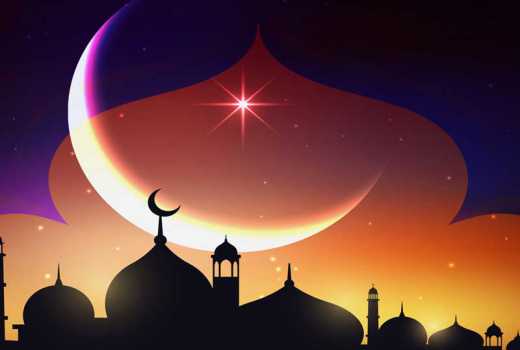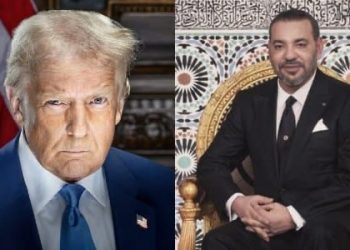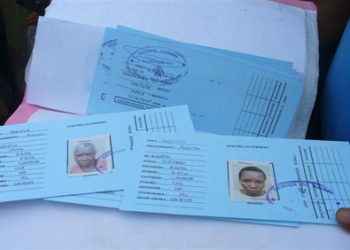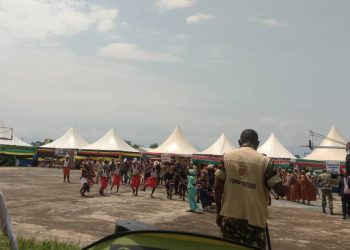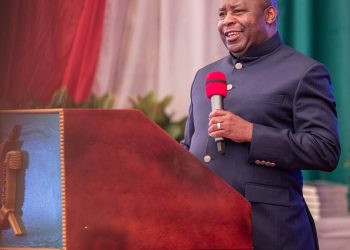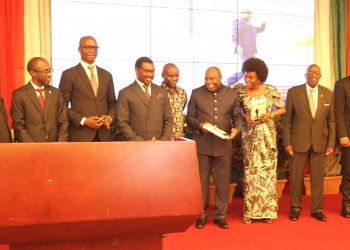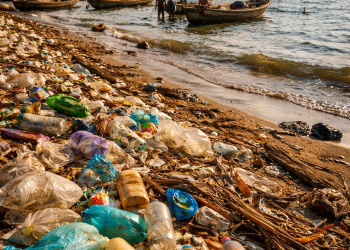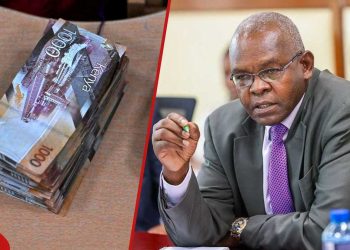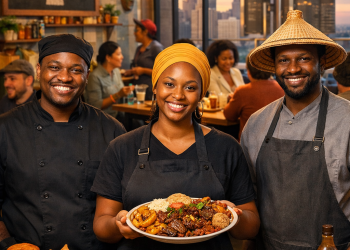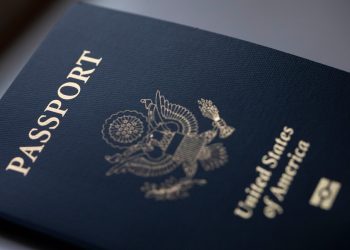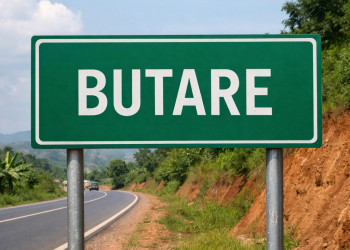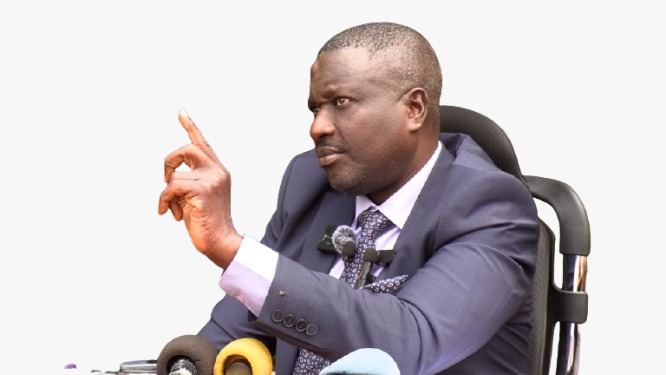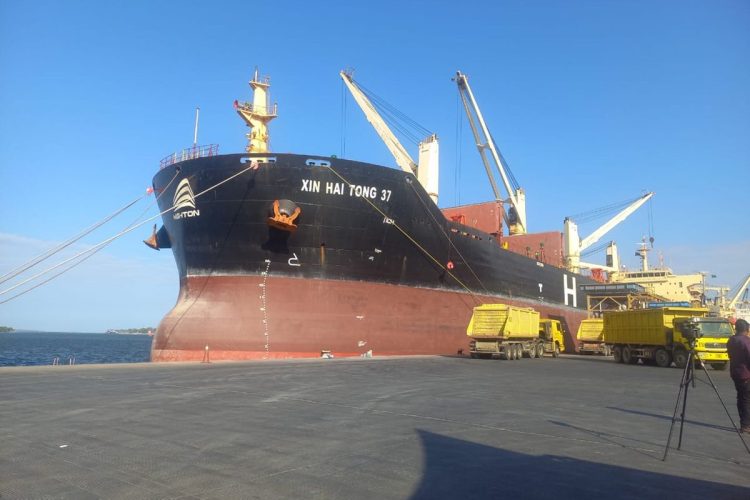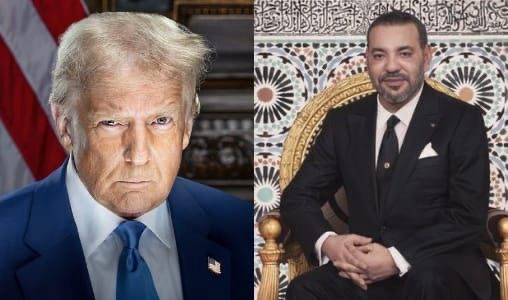The handshake and lessons to be learned from Ramadhan
What's your reaction?
Related Posts
“Le pays s’enfonce” : la PARCEM tire la sonnette d’alarme sur l’économie et la gouvernance au Burundi
Alors que les autorités présentaient 2026 comme une année de concrétisation, la…
Port de Dar es Salaam : la Tanzanie vise plus de 30 millions de tonnes de marchandises par an
Grâce à l’extension de ses infrastructures portuaires, la Tanzanie ambitionne de…
Maroc: Le Roi Mohammed VI invité comme membre fondateur du Conseil de Paix initié par les États-Unis
Le Roi Mohammed VI du Royaume du Maroc a répondu favorablement à l’invitation du…
Pipeline kényan : une IPO de 824 millions de dollars sous le regard critique des pays voisins
Le lancement par le Kenya d’une introduction en bourse destinée à financer un…
Chemin de fer électrique en Tanzanie : un projet régional à 2 milliards de dollars mis à l’épreuve par le climat
Pensé comme un levier majeur d’intégration et de croissance en Afrique de l’Est,…
Quand l’accès à la carte nationale d’identité pose problème après la réforme territorial
Des habitants de la commune de Ntahangwa en province de Bujumbura dénoncent les…
Musigati : un jeune homme tue son ami lors d’une dispute liée à l’alcool
Un jeune homme est détenu au commissariat de police de Musigati, accusé d’avoir…
À l’ESCEM, la culture au service de la paix et du vivre-ensemble africain
Tambours, danses traditionnelles et gastronomie africaine ont animé la Journée…
Réfugiés en Afrique de l’Est : la Tanzanie saluée pour son engagement humanitaire
Alors que les conflits persistent dans la région des Grands Lacs, la Tanzanie…
Burundi : protéger les cultures vivrières face aux palmiers à huile
Des députés recommandent la conduite de recherches approfondies sur la culture…
« Si le dirigeant échoue, le pays échoue » : le plaidoyer présidentiel pour une Nation en continuité
Le chef de l’État a dénoncé les rivalités politiques et le culte de la rupture,…
Du discours à l’action : la route du Burundi vers la vision 2040- 2060
Présenté officiellement ce mercredi 14 janvier 2026, l’ouvrage collectif « Une…
La Tanzanie renforce les contrôles sur la pêche industrielle dans le lac Victoria
Face au déclin préoccupant des ressources halieutiques du lac Victoria, la…
Nyabiraba : la disparition de la colocase menace la sécurité alimentaire
Autrefois pilier de l’alimentation des ménages, la colocase a presque totalement…
Crise sécuritaire à l’est de la RDC : les chefs militaires de la région se concertent en Zambie
Face à l’aggravation de l’insécurité dans l’est de la République démocratique du…
Lac Tanganyika : la pollution plastique menace un écosystème vital
La prolifération des déchets plastiques met en péril la biodiversité du lac…
Kenya : des réserves de change solides stabilisent le shilling sous la barre des 129 KSh
Porté par une hausse significative des réserves de change, le shilling kényan…
Les Ouvertures de Restaurants Attendues en 2026 Soulignent l’Expansion de la Cuisine Burundaise
En 2026, la scène culinaire américaine continue de s’ouvrir aux saveurs du…
Exempté des sanctions américaines sur les visas, le Ghana récolte les fruits de sa diplomatie
Le Ghana a été officiellement retiré, le 8 janvier 2026, de la liste des pays…
Accident mortel à Makamba : deux morts et un blessé sur la RN11
Un grave accident de la circulation s’est produit ce mercredi en début de soirée…

